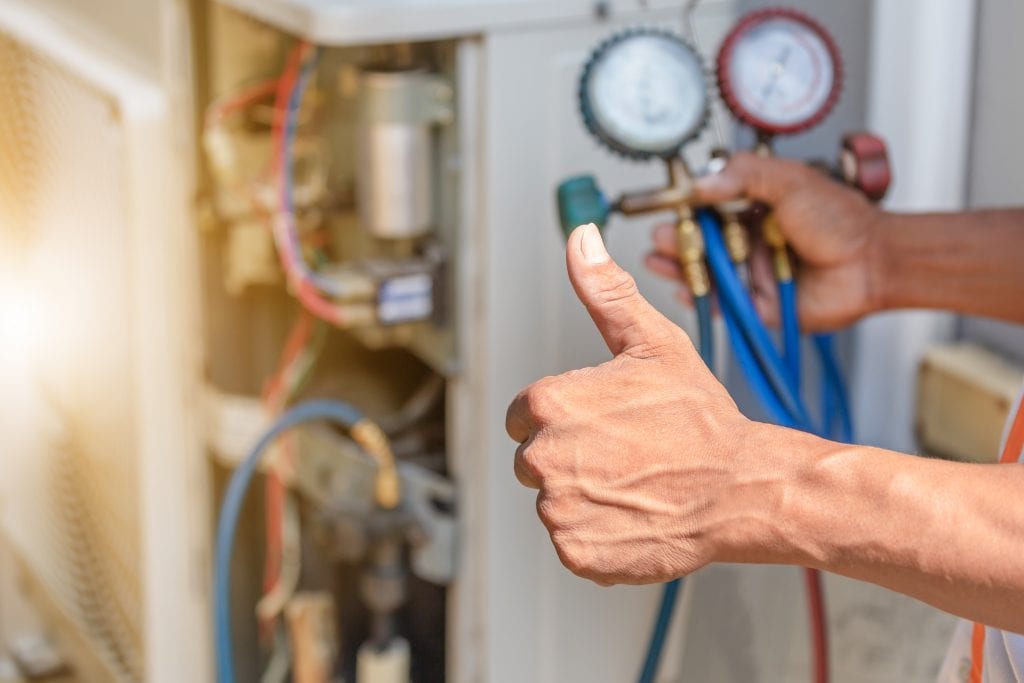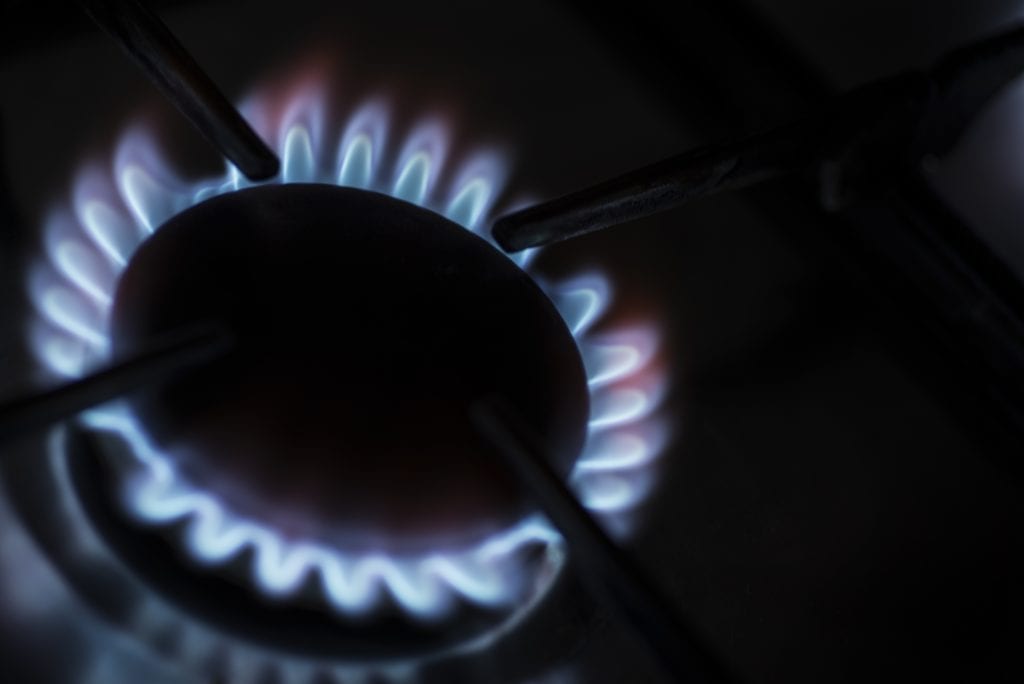A furnace heats the air that is circulated by your home’s Heating Ventilation and Air Conditioning (HVAC) system. A thermostat has a direct link to a furnace so that changes in the thermostat will immediately trigger a furnace to turn on or off. When considering a replacement or upgrade for your home’s (HVAC) system, the type of furnace that will be best for your home depends on the way your house is shaped and designed. That is why it is beneficial to know the four different types of furnaces and to understand the features of each one.
Keep These Things in Mind
As you start your search for a furnace, be mindful of come of the features of your home that will limit or necessitate certain options. Is your climate dry or humid? Do you experience cold and icy winters or relatively mild ones? You may also need to consult a professional to determine what level of heat you need to generate to properly warm your home. You need to be able to know the amount of British Thermal Units (BTUs) that you require a furnace to produce.
Propane Furnace
Propane furnaces are used in about 10% of households in the U.S. As a byproduct of the production of gas and oil, propane can be just as effective as any other natural gas. The downside to these furnaces is that you have to change the propane tank every so often. However, in some areas, oil and gas are not easily accessible. If your home does not have a natural gas pipeline, then you will probably be looking at propane furnaces.
Electric Furnace
Electric furnaces use an electric heating element to transfer heat to the air that cycles through them. They are less efficient than natural gas furnaces, but they have the advantage of being smaller, allowing them to fit into more compact spaces. They tend to rack up more costs on your energy bill, but they end up being cheaper than most natural gas furnaces.
Again, if you do not have a source of natural gas connected to your house, and you don’t want to haul propane tanks around, an electric furnace could be a good option for you. Your decision may also ride on the cost of electricity in your area.
One advantage of electric furnaces is that they can last as much as ten years longer than gas or oil furnaces. If you are doing the installation yourself, you will also find that an electric furnace is easier to install. Be aware that there can be a safety risk to installing any kind of heating system in your home without the aid of a professional if you are not properly trained yourself.

Oil Furnace
An oil furnace burns oil to produce a heating flame. One of these may be the better option if you are not looking to spend as much money as you would on a natural gas furnace. You can expect to pay approximately 25 percent less on average compared to a natural gas furnace.
Do be aware, however, that natural gas furnaces tend to run more efficiently. An oil furnace will usually run at an efficiency of 80-90 percent. A lot of homes in the northeastern U.S. use oil furnaces.
Furnace
The most widely used heating source in America, natural gas furnaces can be found in about half of all U.S. homes. They do a great job of providing even heating throughout an entire home. Jets of gas are propelled along a burner to make a big directional flame that makes hot air, which is then circulated through the HVAC ducts via fans.
These furnaces are highly effective but can be a bit pricey compared to electric or oil furnaces. The newer gas furnaces can run at up to 98 percent efficiency. Many of the older types of gas furnaces average at about 65 percent efficiency. If you have an old-style natural gas furnace that is not providing enough heat for your home, it may be time for an upgrade. Either way, natural gas furnaces tend to make less of an impact on the utility bill, due to the lower price of gas.

Modulating Furnace
A modulating furnace combines the efficiency of natural gas with the cost-effectiveness of a cheaper furnace. While these furnaces require a bigger investment upfront, they end up saving you money on your energy bill thanks to their extremely energy-efficient design. In addition, these furnaces have a much more precise heating capability, typically landing within half a degree of the target temperature, compared to the 4-6 degree margin of error found on other types of furnaces. This is made possible by a design which, rather than shutting off and on, modulates a continuous flow of gas that adjusts based on the ratio of the home’s temperature to the temperature on the thermostat.
Become a True Expert
Are you interested in learning more about the ins and outs of the different types of furnaces? If you see yourself advising people on their HVAC systems and installing furnaces in their homes, consider getting an education in Electrical Construction and Maintenance or Electrical Construction and Planning at Coyne College. Our instructors have years of experience in the field and have given many students the tools of success. The HVAC industry has a lot of opportunities, as there will always be a need for people who know how to install and repair these systems. For more information, call our admissions department at 800-720-3990.


